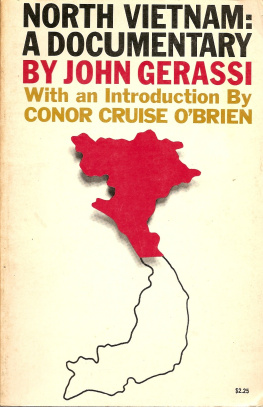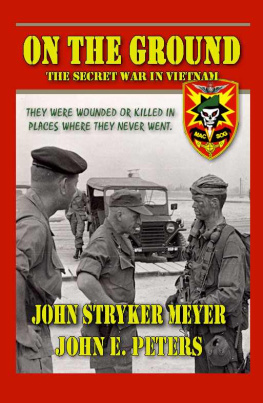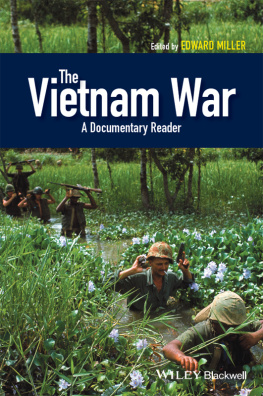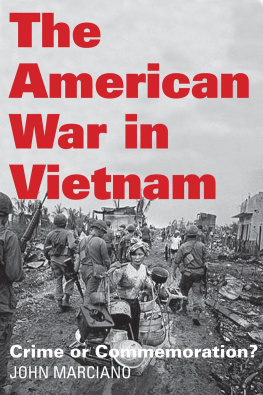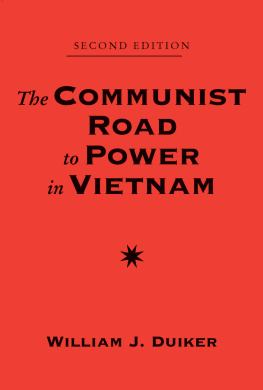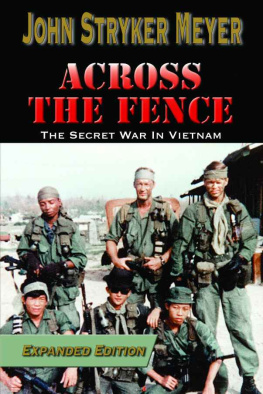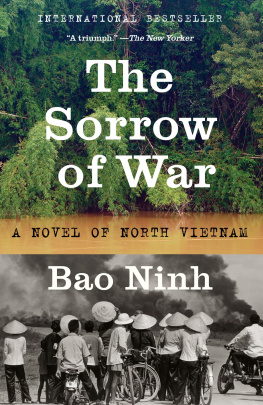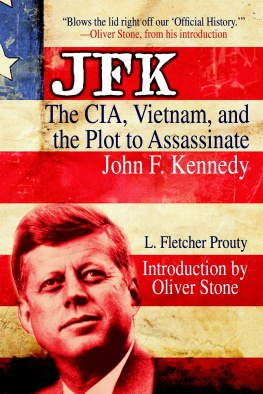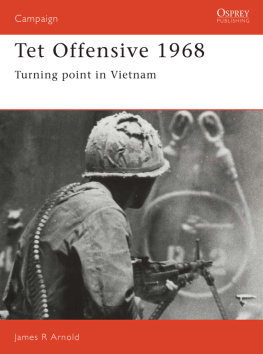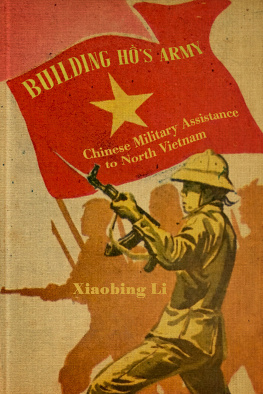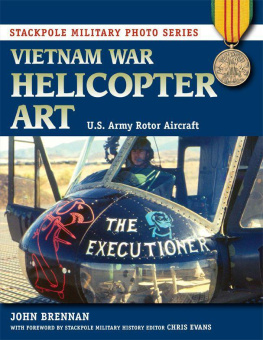First published in 1968 by George Allen & Unwin Ltd
This edition first published in 2022
by Routledge
2 Park Square, Milton Park, Abingdon, Oxon OX14 4RN
and by Routledge
605 Third Avenue, New York, NY 10158
Routledge is an imprint of the Taylor & Francis Group, an informa business
1968 John Gerassi
All rights reserved. No part of this book may be reprinted or reproduced or utilised in any form or by any electronic, mechanical, or other means, now known or hereafter invented, including photocopying and recording, or in any information storage or retrieval system, without permission in writing from the publishers.
Trademark notice: Product or corporate names may be trademarks or registered trademarks, and are used only for identification and explanation without intent to infringe.
British Library Cataloguing in Publication Data
A catalogue record for this book is available from the British Library
ISBN: 978-1-03-214885-4 (Set)
ISBN: 978-1-00-324163-8 (Set) (ebk)
ISBN: 978-1-03-215450-3 (Volume 4) (hbk)
ISBN: 978-1-03-215456-5 (Volume 4) (pbk)
ISBN: 978-1-00-324423-3 (Volume 4) (ebk)
DOI: 10.4324/9781003244233
Publishers Note
The publisher has gone to great lengths to ensure the quality of this reprint but points out that some imperfections in the original copies may be apparent.
Disclaimer
The publisher has made every effort to trace copyright holders and would welcome correspondence from those they have been unable to trace.
Preface
I have never talked or corresponded with a person knowledgeable in Indo-Chinese affairs who did not agree that had elections been held [in 1956]... possibly 80 per cent of the people would have voted for the communist Ho Chi Minh.
Dwight D. Eisenhower in Mandate for Change
Even Premier Ky told this reporter that the Communists were closer to the peoples yearnings for social justice and an independent life than his own government.
James Reston, New York Times, September 1, 1966
I have only one [hero]: Hitler.
Premier Nguyen Cao Ky of South Vietnam, London Daily Mirror, July 4, 1965
Premier Ky, who has announced he is running for president of South Vietnam, said today if a civilian whose policies he disagreed with won the post he might oppose him militarily.
If he is a Communist or if he is a neutralist I am going to fight him, militarily, Ky said. In any democratic country you have the right to disagree with the views of others, Ky added.
Ky also told reporters that press censorship would continue during the election.
AP (Lai Thieu, Vietnam, May 13, 1967) as printed in the New York Post, May 13, 1967
I would like to see American students develop as much fanaticism about the us political system as young Nazis did about their political system during the war.
Lyndon B. Johnson in a speech given to a group of students, February 5, 1965; New York Times, February 6, 1965
Many of the enemy dead reported by the government to have been shot were ordinary peasants shot down because they fled from villages as troops entered.
New York Times, July 25, 1965
The cia has employed some South Vietnamese and they have been instructed to claim they are Viet Cong and to work accordingly.... Several of these executed two village leaders and raped some women.
Senator Stephen Young of Ohio in the New York Herald Tribune, November 21, 1965
Indochina is a prize worth a large gamble.... Even before World War II, Indochina brought an annual dividend estimated at 300 million dollars.
New York Times, February 12, 1950
Let us assume we lose Indochina.... The tin and tungsten that we so greatly value from that area would cease coming.... So when the United States votes 400 million dollars to help that war, we are not voting a give-away program. We are voting for the cheapest way that we can prevent the occurrence of something that would be of a most terrible significance to the United States of America, our security, our power and ability to get certain things we need from the riches of the Indochinese territory and from Southeast Asia.
Statement by President Dwight D. Eisenhower at a conference of State governors held on August 4, 1953, in Seattle
One American helicopter crewman returned to his base in the central highlands last week without a fierce young prisoner entrusted to him. He told friends that he had become infuriated by the youth and had pushed him out of the helicopter at about 1,000 feet.
Jack Langguth in the New York Times, July 7, 1965
Anyone who has spent much time with Government units in the field has seen the heads of prisoners held under water and bayonet blades pressed against their throats. Photographs of such incidents were common until the Government decided the publicity was not improving Saigons public relations. In more extreme cases, victims have had bamboo slivers run under their fingernails or wires from a field telephone connected to arms, nipples, or testicles. Another rumoured technique is known as the long step". The idea is to take several prisoners up in a helicopter and toss one out in order to loosen the tongues of the others.
Some Viet Cong suspects do not survive long enough for the third degree. Earlier this year, in an operation along the central coast, a Government detachment failed to flush vc troops suspected of lurking in the area. However, several villagers were rounded up and one man was brought before the company commander. The Vietnamese officer briefly questioned the suspect, then turned to his adviser, an Australian warrant officer, and said: I think I shoot this man... Okay?"
Go ahead, said the adviser.
The officer fired a carbine round point-blank, striking the villager below the chest. The man slumped and died. The patrol moved on.
William Tuohy, New York Times Magazine, November 28, 1965
In one known case, two Viet Cong prisoners were interrogated on an airplane flying towards Saigon. The first refused to answer questions and was thrown out of the airplane at 3,000 feet. The second immediately answered all the questions. But he, too, was thrown out.
One of the most infamous methods of torture used by the government forces is partial electrocutionor frying", as one us adviser called it.
This correspondent was present on one occasion when the torture was employed. Two wires were attached to the thumbs of a Viet Cong prisoner. At the other end of the strings was a field generator, cranked by a Vietnamese private. The mechanism produced an electrical current that burned and shocked the prisoner.


